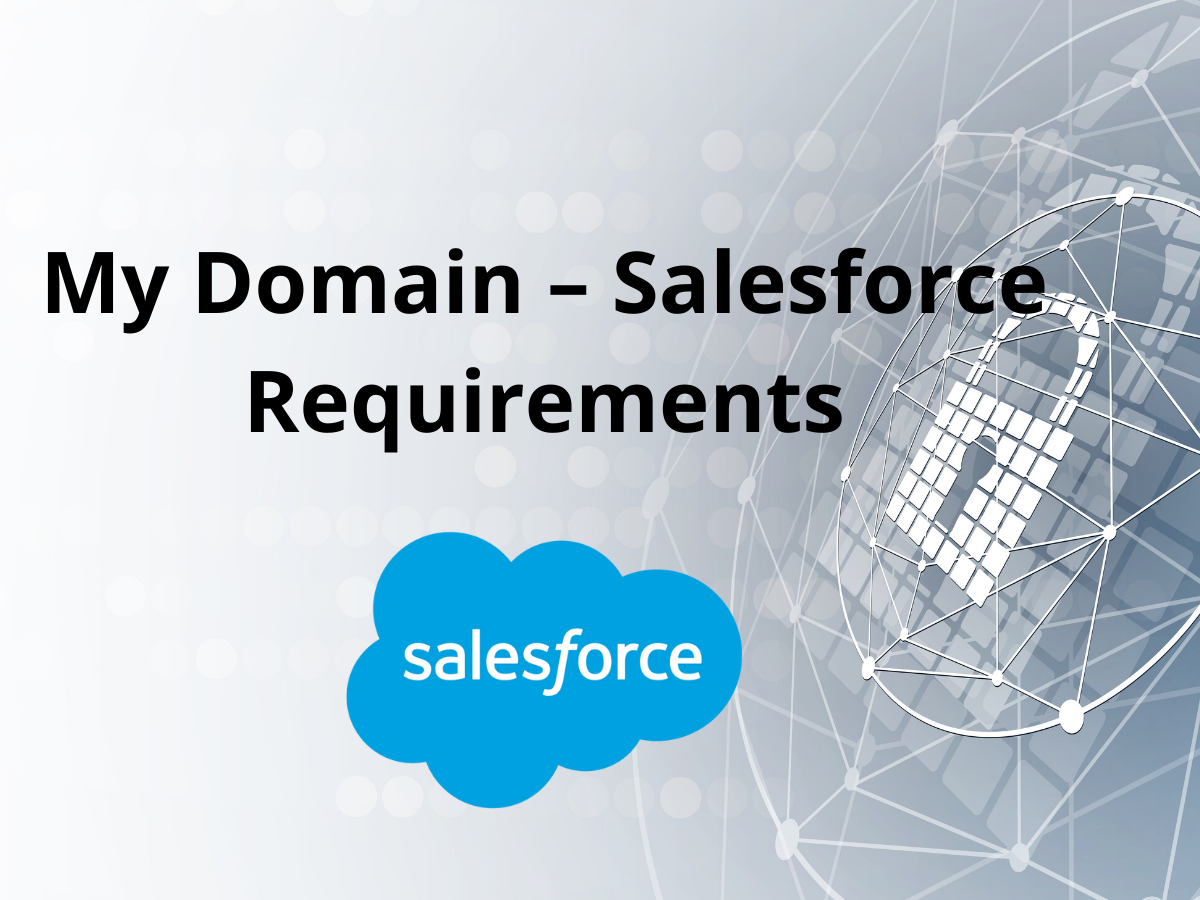The manufacturing industry is a powerhouse, driving economies and shaping our world. But beneath the surface of impressive machinery and intricate processes often lies a complex web of disconnected systems, siloed data, and manual workflows. In today’s rapidly evolving market, characterized by demanding customers, global competition, and the need for agility, these inefficiencies can be a significant drag on profitability and growth.
Enter Salesforce – a platform often associated with sales and marketing, but one with the powerful capabilities to revolutionize your entire manufacturing operation. Moving beyond spreadsheets and outdated legacy systems, Salesforce offers a connected, intelligent, and customer-centric approach to manufacturing. Let’s explore how:
1. Connecting the Dots: Breaking Down Data Silos
One of the biggest challenges in manufacturing is the lack of a unified view of operations. Sales teams might not have real-time inventory data, production struggles to anticipate demand, and customer service lacks insights into product issues. Salesforce acts as a central hub, integrating data from various sources – ERP systems, IoT sensors on machinery, CRM, and more. This unified platform provides a 360-degree view of your business, enabling:
- Improved Forecasting: Real-time sales data, historical trends, and even social sentiment can feed into more accurate demand forecasting, optimizing production schedules and minimizing waste.
- Enhanced Collaboration: Seamless information flow between departments – from sales and engineering to production and service – fosters better communication and faster problem-solving.
- Data-Driven Decisions: Access to comprehensive and real-time data empowers leadership to make informed decisions regarding production planning, resource allocation, and strategic investments.
2. Streamlining Sales and Order Management:
The journey from lead to delivered product can be fraught with manual processes and potential errors. Salesforce streamlines this entire process, offering:
- Efficient Lead Management: Track and nurture leads specific to your manufacturing offerings, understanding their unique needs and tailoring solutions.
- Accurate Quoting and Pricing: Configure complex product quotes with ease, ensuring accurate pricing and reducing errors.
- Seamless Order Management: Capture orders directly, integrate with inventory systems, and provide real-time order status updates to customers.
- Improved Sales Visibility: Gain insights into sales pipelines, identify bottlenecks, and empower your sales team with the information they need to close deals faster.
3. Optimizing Production Planning and Execution:
Moving beyond reactive production, Salesforce enables a more proactive and efficient approach:
- Real-time Visibility into Production: Monitor production schedules, identify potential delays, and proactively address issues before they escalate.
- Improved Resource Management: Optimize the allocation of machinery, materials, and labor based on real-time demand and production needs.
- Enhanced Quality Control: Integrate quality checks throughout the production process, track defects, and identify areas for improvement.
- Predictive Maintenance: Connect IoT data from machinery to Salesforce Service Cloud to predict potential equipment failures, enabling proactive maintenance and minimizing downtime.
4. Elevating Customer Service and Building Loyalty:
In today’s competitive landscape, exceptional customer service is paramount. Salesforce empowers manufacturers to build stronger customer relationships through:
- Personalized Service Experiences: Access a complete history of customer interactions, orders, and product information to provide tailored support.
- Efficient Case Management: Streamline the handling of customer inquiries, complaints, and service requests, ensuring timely and effective resolutions.
- Field Service Management: Optimize field service operations, dispatch technicians efficiently, and provide them with the information they need to resolve issues on-site.
- Proactive Communication: Keep customers informed about order status, potential delays, and product updates, fostering trust and transparency.
5. Driving Innovation and Continuous Improvement:
Salesforce isn’t just about managing current operations; it’s also about fostering innovation and driving continuous improvement:
- Identify Trends and Opportunities: Analyze data across sales, production, and customer service to identify emerging trends and potential areas for new product development or process optimization.
- Gather Customer Feedback: Leverage surveys and social listening tools to gather valuable customer feedback and incorporate it into product design and service improvements.
- Foster a Culture of Data-Driven Improvement: Empower employees with access to relevant data and analytics, encouraging them to identify inefficiencies and propose solutions.
The Journey to Transformation:
Implementing Salesforce is not an overnight switch, but a strategic journey. It requires careful planning, stakeholder buy-in, and a phased approach. However, the potential benefits – increased efficiency, reduced costs, improved customer satisfaction, and enhanced agility – make it a worthwhile investment for any manufacturing organization looking to thrive in the modern era.
In conclusion, Salesforce offers a powerful platform to transform your manufacturing operations from disconnected silos to a cohesive, data-driven, and customer-centric powerhouse. By embracing the capabilities of Salesforce, manufacturers can unlock new levels of efficiency, innovation, and ultimately, achieve sustainable growth and competitive advantage.
Are you ready to take your manufacturing operations to the next level? Explore the possibilities with Salesforce and embark on your journey towards a smarter, more connected future.




